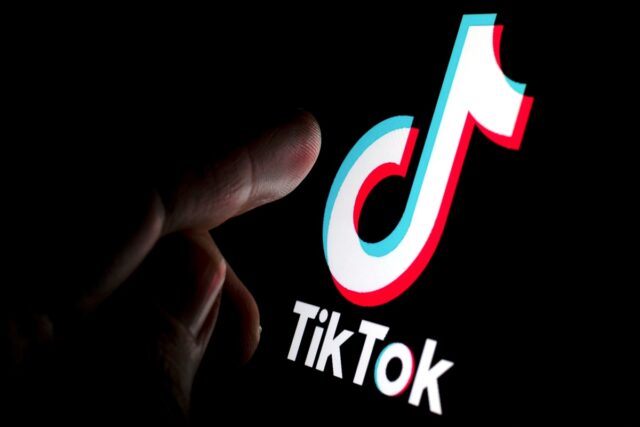June 30, 2025
Retail Therapy or Retail Values? Shoppers Are Choosing Sides

More than one in three U.S. consumers (35%) say they expect to spend more on holiday gifts in 2025 compared to last year, even as nearly half (49%) admit they want to spend as little as possible. This conflicting mindset reflects the pressures shoppers are facing: prices are rising, but expectations are rising even faster.
The Basis Technologies annual holiday shopping study surveyed over 2,000 Americans aged 16+ to understand how inflation, social values, and digital behaviour are reshaping holiday retail in 2025.
“For the holidays, shoppers want more than deals. Influence will come from both social platforms and social values as U.S. consumers will approach the shopping season with careful planning and deeper purpose,” said Maggie Nemoy, VP of research and insights, Basis Technologies. “Although budgets are top of mind for many shoppers, they are also thinking about emotional connections and values alignment for their commerce.”
The number one reason consumers say they’ll spend more this year is inflation. Among those increasing their budgets, 62% cite the rising cost of goods as the primary driver. But even with bigger budgets, today’s shoppers are looking for maximum value, strong alignment with personal values, and simple, stress-free shopping experiences.
Values Are Driving Decisions Like Never Before
Today’s shoppers aren’t just buying products, they’re buying into brands. According to the report, 42% of consumers now believe brands should have clearly stated values, and 55% say they are more likely to buy from a company that treats its employees well. Additionally, 60% prefer supporting small or local businesses, signalling a growing appreciation for ethical and community-conscious retail.
This focus on authenticity is important for brands navigating a politically charged environment, as 41% of shoppers say recent political changes have impacted their holiday spending outlook. This shows that retailers need to be transparent, inclusive, and thoughtful if they want to retain consumer trust and loyalty.
Early Shopping Is Booming
The traditional mad rush of Black Friday may be fading. In 2024, less than half of respondents (48%) participated in Black Friday or Cyber Monday, but just over half (51%) plan to this year. Instead of relying on doorbusters, more shoppers are opting to start early and pace their spending across the year. In fact, 66% shop early to avoid shipping delays, 63% want to get it done quickly, and 57% look for deals year-round.
Social Media Is Now a Major Shopping Destination
Holiday shopping is becoming more digital and social. In 2024, 90% of consumers bought gifts online, and that trend is accelerating in 2025. Social platforms, in particular, are becoming trusted purchase points, especially among younger shoppers. More than a third of Gen Z (35%) and over a quarter of Millennials (26%) say they will buy holiday gifts directly through social media platforms.
Among consumers open to social shopping, the most popular channels are Instagram (52%), Facebook (51%), TikTok (47%), and YouTube (40%). This signals a powerful opportunity for brands to leverage shoppable ads and influencer-driven content to connect with audiences where they already spend time.
Smart Spending and Shopping with Purpose
While inflation has raised the cost of gifting, it hasn’t stopped consumers from being mindful about where their money goes. One-quarter (25%) of shoppers say they’ll buy more from budget-focused online retailers like Temu or Shein in 2025, up from 19% the year before. At the same time, sentiment is growing around more meaningful gifting. A strong majority (83%) say that time with loved ones is the best gift of all—a figure that has steadily increased across the last two holiday cycles.
These findings show that consumers want value, but not at the cost of emotional impact. The ideal brand in 2025 offers both affordability and authenticity, deals and purpose. Gifting is still important, but it’s now grounded in connection, experience, and sentiment rather than just consumption.



